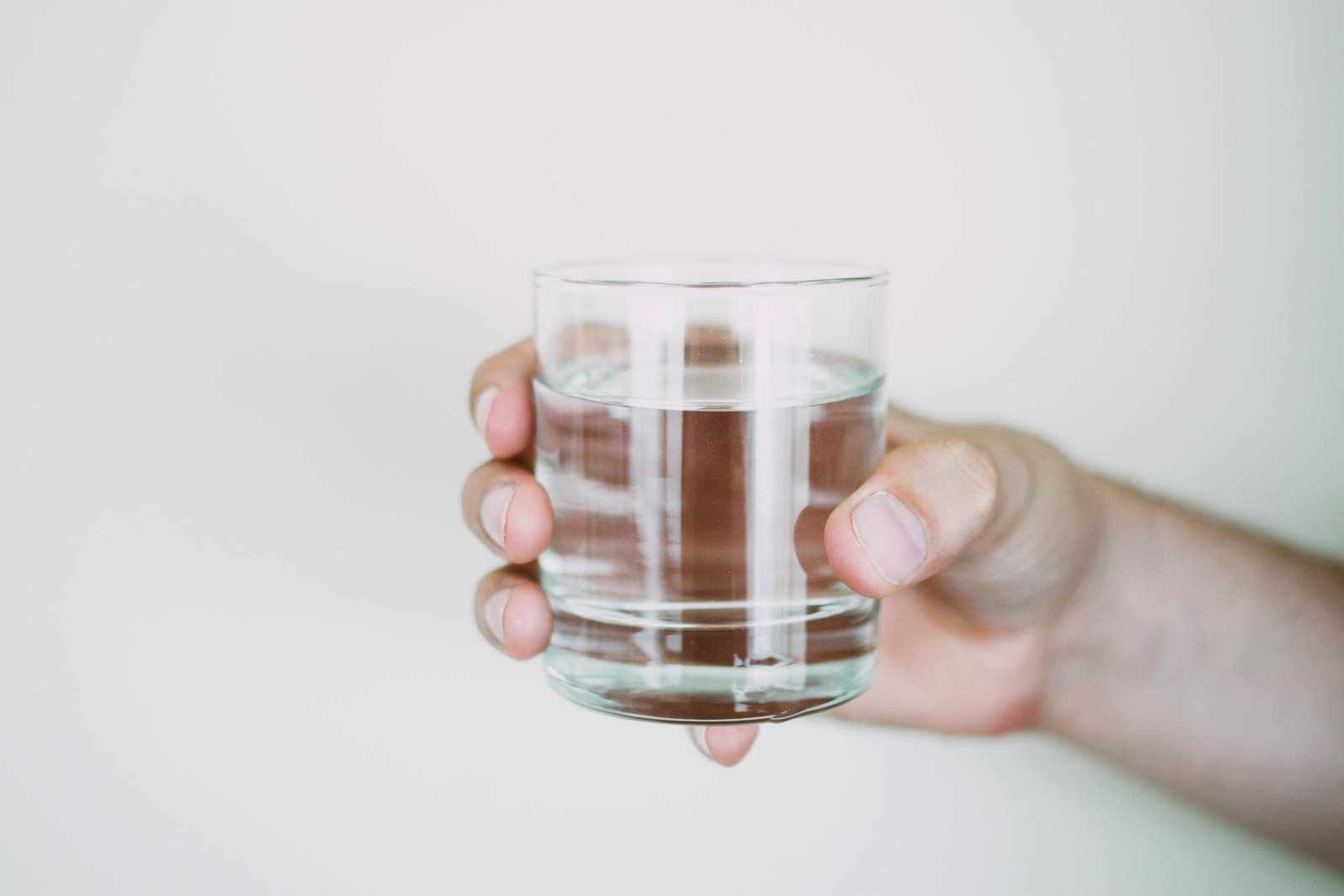Tips to Beat Bloating on Your Period
There are some affiliate links below, but they are all products I highly recommend. For more info, view my disclosure here.
That time of the month have you puffed up like a pufferfish? Monthly bloating doesn’t have to leave you inflated and irritated. This article is your guide to a less gassy cycle!
We’re tackling the causes of period bloating and arming you with relief. Discover nutrition and diet tweaks to ease the pressure. We’ll share natural remedies and lifestyle changes to help deflate the bloat.
Implement our tips to minimize discomfort month after month. You’ll be armed with the knowledge to reduce restrictions and feel your best. Get ready to conquer monthly bloating for good!
Understanding the Causes of Bloating
Understanding why you experience bloating on your period can help you find effective ways to reduce it. Bloating is a common symptom that many women experience during their menstrual cycle. It occurs due to hormonal changes that take place in your body. When you’re about to start your period, your estrogen and progesterone levels drop, causing your body to retain water and salt. This leads to bloating and a feeling of fullness in your abdomen.
Another reason for bloating during your period is the increase in prostaglandins, which are hormones that help your uterus contract and shed its lining. Unfortunately, they can also cause your digestive system to slow down, leading to gas and bloating. This is why you may feel more bloated and gassy during your menstrual cycle.
In addition to hormonal changes, your diet can also contribute to bloating on your period. Consuming foods that are high in salt, sugar, and carbohydrates can make bloating worse. These foods cause your body to retain more water, leading to increased bloating.
Diet and Nutrition Tips for Reducing Bloating
Eating foods rich in fiber can help alleviate bloating during your menstrual cycle. Fiber is a type of carbohydrate that the body can’t fully digest. It adds bulk to your stool and helps regulate bowel movements, which can reduce bloating. Incorporating fiber-rich foods into your diet can also help prevent constipation, another common issue during your period. Some excellent sources of fiber include fruits, vegetables, whole grains, and legumes. Try to include a variety of these foods in your meals and snacks to ensure you’re getting enough fiber.
In addition to fiber, it’s important to stay hydrated to reduce bloating. Drinking plenty of water can help flush out excess water weight and prevent water retention. Aim to drink at least eight glasses of water per day and limit your intake of sugary beverages, which can contribute to bloating.
Furthermore, paying attention to portion sizes can also help alleviate bloating. Eating smaller, more frequent meals throughout the day can help keep your digestive system running smoothly and prevent bloating. Avoiding foods that are high in salt, such as processed snacks and fast food, can also help reduce water retention and bloating.
Natural Remedies to Relieve Bloating
To help relieve bloating, try incorporating natural remedies such as herbal teas, ginger, and peppermint into your daily routine. These remedies are known for their soothing properties and can provide relief from the discomfort caused by bloating.
Herbal teas, such as chamomile and fennel tea, have been used for centuries to aid digestion and reduce bloating. They can help relax your digestive system and alleviate symptoms like gas and bloating.
Ginger is another excellent natural remedy for bloating. It has anti-inflammatory properties that can help reduce inflammation in your gut and relieve bloating. You can add fresh ginger to your meals or brew ginger tea to enjoy its benefits.
Peppermint is also known for its ability to soothe the digestive system and relieve bloating. You can drink peppermint tea or chew on fresh peppermint leaves to ease bloating discomfort.
Incorporating these natural remedies into your daily routine can provide relief from bloating and promote better digestive health. Remember to listen to your body and pay attention to what works best for you.
If you experience persistent or severe bloating, it’s always a good idea to consult with a healthcare professional to rule out any underlying medical conditions.
Lifestyle Changes to Minimize Bloating
If you make small changes to your lifestyle, such as staying hydrated and incorporating regular exercise, you can minimize bloating and promote a healthier digestive system.
One of the most effective ways to beat bloating is to drink plenty of water throughout the day. When you’re dehydrated, your body tends to hold onto water, leading to bloating and discomfort. By staying hydrated, you can help flush out excess water and toxins, reducing bloating.
It’s also important to incorporate regular exercise into your routine. Physical activity helps stimulate the digestive system, aiding in the movement of food through your intestines and preventing bloating. Even a simple 30-minute walk or jog can make a significant difference.
Additionally, paying attention to your diet can help minimize bloating. Limiting your intake of salty and processed foods can help reduce water retention and bloating. Instead, opt for whole foods that are high in fiber, like fruits, vegetables, whole grains, and lean proteins. These foods can help regulate your digestion and prevent bloating.
Making these small lifestyle changes can go a long way in minimizing bloating and promoting a healthier digestive system.
Seeking Medical Advice for Persistent Bloating
If persistent bloating continues, it’s important to seek medical advice from a healthcare professional. While bloating during your period is common and usually resolves on its own, there are instances where it may persist and require further evaluation. Your healthcare provider can help determine the underlying cause of your persistent bloating and recommend appropriate treatment options.
Persistent bloating could be a sign of an underlying medical condition such as endometriosis, uterine fibroids, or ovarian cysts. These conditions can cause excessive bloating and discomfort during your period. It’s important to have a thorough evaluation to rule out any potential concerns.
During your medical appointment, your healthcare provider may perform a physical examination and ask you questions about your symptoms. They may also order additional tests such as blood work, ultrasounds, or imaging studies to further evaluate the cause of your persistent bloating.







